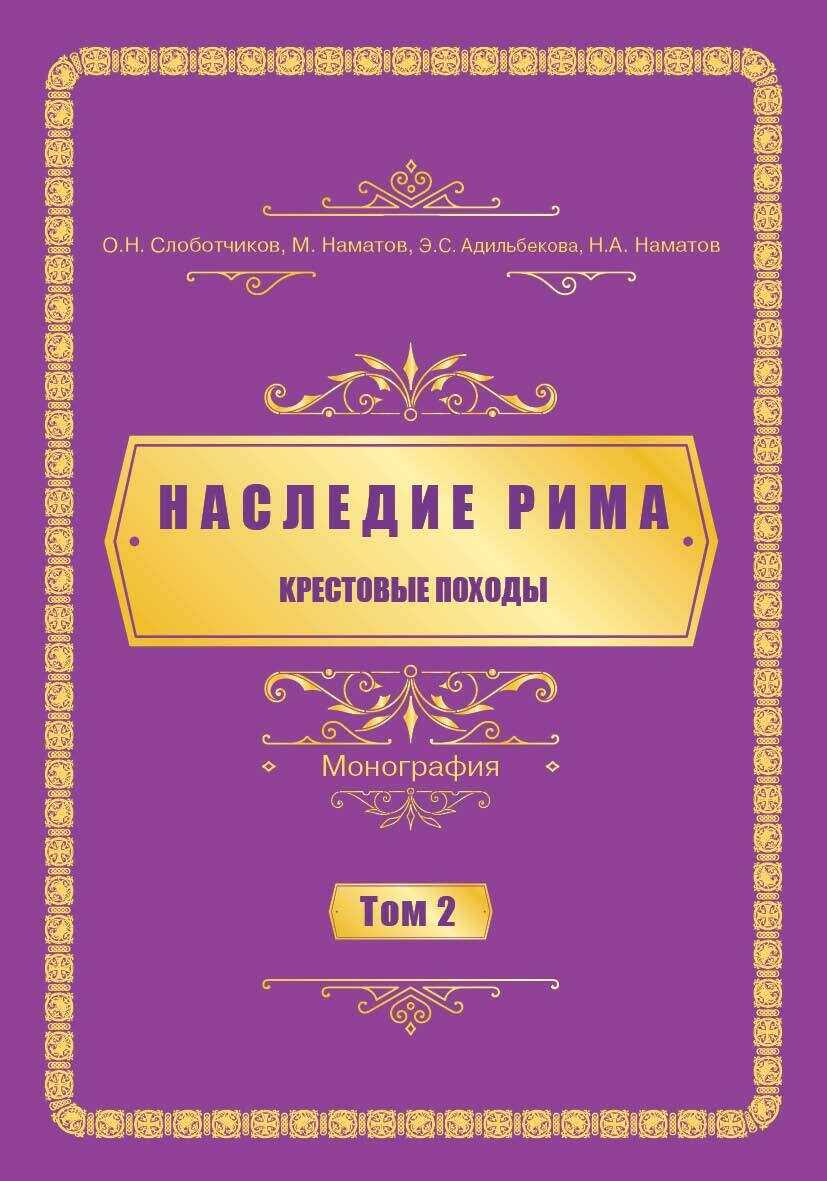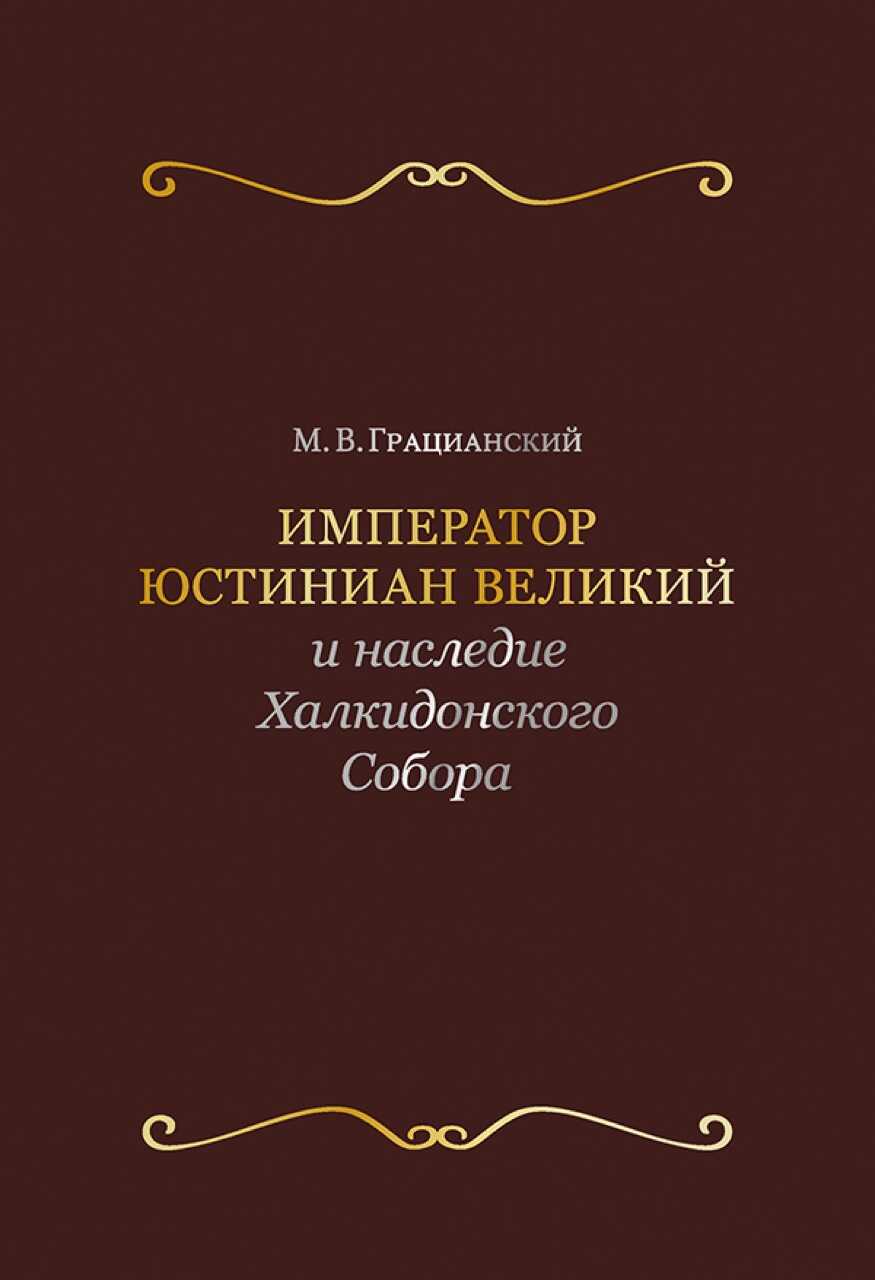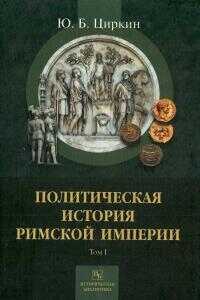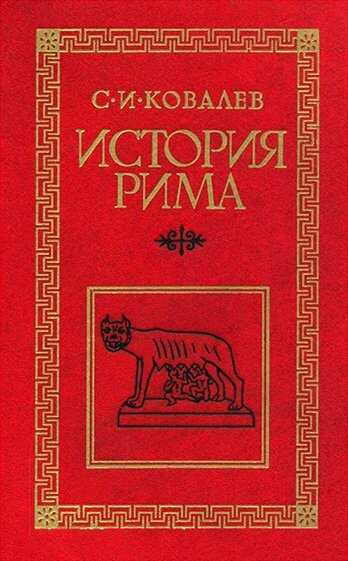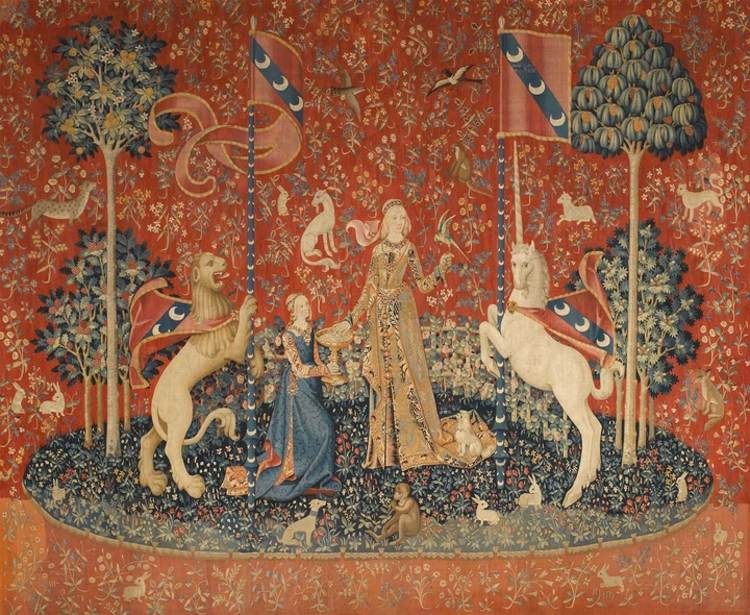Наследие Рима. Том 1. Oт Византии дo Кордовского Халифата и Османскoй империи - Нурлан Аманович Наматов
Книгу Наследие Рима. Том 1. Oт Византии дo Кордовского Халифата и Османскoй империи - Нурлан Аманович Наматов читаем онлайн бесплатно полную версию! Чтобы начать читать не надо регистрации. Напомним, что читать онлайн вы можете не только на компьютере, но и на андроид (Android), iPhone и iPad. Приятного чтения!
Шрифт:
Интервал:
Закладка:
900
Heywood, The Frontier, 233–235; Tryjarski, Kultura, 157–159, where the author’s passages concerning the Uygur border kumi talās, which is probably the name of the town situated on the frontier, and the town of Qazvin, which Turks believe to be situated within their borders because it was founded by Afrāsijāb’s daughter, are mentioned (my acknowledgements go to Elzbieta Swiecicka for the reference); Imber, The Legend, 73–74.
901
Fodor, In Quest of the Golden Apple, 278–279, where also the ambiguity of the Ottoman vocabulary as for the use of the words gönüllü (voluntary, brave), garib yiğit (strange, curious, foreign, homeless, poor), gönüllü garib yiğit and simply yiğit (young, hero, brave) and the groups of soldiers to whom these words were referred can be noticed.
902
Power, Introduction, 6–9.
903
Pálffy, The Origins, 3–5, 60–63; Lazanin-Štefanec, Habsburg Military Conscription, 91–94. According to Dieter Werkmüller (Recinzioni, 650), the German word grenze, like the Russian graníza, comes from the word used in old Slavic to mean the oak; likewise, in the Middle Ages, the word marka was used to mean a wood; other (see Zanini, Significati del confine, 10) afifrm that it originates from the habit of marking out the border with a cross – the Slavic gran’ —, carving it on the trees. On the Croatian and Serbian words kotar, meda, krajina, cf. Roksandić, Stojan Jankovic, 240–241; Roksandić, Ottomans, 415–425.
904
Murphey, Ottoman Warfare, xviii; Ágoston, The Ottoman-Habsburg Frontier, 287–296.
905
Carassi, Topografi e diplomatici, 192–194.
906
Le Goff, Il meraviglioso e il quotidiano, 27–44; Gast, Un espace, 165–172.
907
Touati, Islam et voyage, 9–18, 96–121, 237–249.
908
Heywood, The Frontier, 228; cf. Wittek and the Austrian Tradition, 7–25; Boundless Dreams, 32–50.
909
Cf. Mehmet Fuat Köprülü’s many works, for example Alcune informazioni, passim (Italian translation)
910
Cf. Gibbon’s 1916 work, The Foundation of the Ottoman State.
911
Wittek, The Rise of the Ottoman Empire; Deux chapitres de l’histoire de Turcs de Roum, passim.
912
About Giese, see what Heywood states in Boundless Dreams, 46–48.
913
Káldy-Nagy, The Holy War, 467–473; Lindner, Nomads and Ottomans; Imber, Paul Wittek, 65–81; The Ottoman Dynastic Myth, 7–27; The Legend, 67–75. See Jennings, Some Thoughts, 151–161; Gallotta, Mito Oguzo, 41–59; Kafadar, Between Two Worlds, 1–59.
914
Cf. Linda T. Darling, Contested Territory, 133–163.
915
İnalcık, Imtiyāzāt, 1208–1219; Wansbrough, Imtiyāzāt, 1207–1208; Pedani, La dimora, 32–35.
916
Papp, Der ungarisch-türkische Friedensvertrag, 67–68; Papp, Christian Vassals, 719–730.
917
Skilliter, William Harborne, 1; Pedani, In nome del Gran Signore, 131–133; Kolodziejczyk, Ottoman-Polish Diplomatic Relations, 47–49. See also Matuz, Capitulations, 182–192, who employs two documents in support of his thesis: the first makes reference to the Venetian capitulations and not to the French ones; the second follows the capitulations of 1569 as may be clearly read in the published facsimile text. A document of 1541, where a confirmation of the friendly settlement with the king of France is mentioned, is more intriguing on this point (Documenti turchi, no. 455; edited by Gökbilgin, Venedik, vol. 1, 153, no. 26).
918
Cf. Woodhead, Ta’rīkh, 313; Taeschner, ‘Ashıḳ-pasha-zāde, 699; Ménage, Ottoman Historiography, 168–179; Inalcık, ̇ Ottoman Historiography, 152–167. For a historiographical survey carried out in this way, see Yerasimos, La fondation de Constantinople, 1–4, 247–249, which is essentially based on the Turkish legends created after the conquest of the town in 1453 for ideological reasons.
919
Ofifcial English translation made by Bracewell (see Frontier Blood-Brotherhood, 29–30).
920
Bracewell, Frontier Blood-Brotherhood, 29–45; see also Inalcık, ̇ Foundation, 59–62.
921
Miović-Perić, Brigandage on the Ragusan Frontier, 41–54.
922
Ibn Khaldun, Muqaddima, vol. 2, 41–42.
923
Pirenne, Mohammed and Charlemagne, 152–153.
924
Pirenne, Maometto e Carlomagno, v – xxxiv.
925
See, among the recent ones, these volumes: Bonafifni, Un mare di paura; Bono, Il Mediterraneo; Khalilieh, Islamic Maritime Law; Picard, La mer et les musulmans; Picard, L’océan Atlantique; de Planhol, L’Islam et la mer. As for the Indian Ocean, see also Özbaran, The Ottoman Response.
926
de Planhol, L’Islam et la mer, 25.
927
Kelly, Ḳurṣān, 511.
928
Braudel, Civiltà e imperi, 919–920.
929
Можно заметить, что при Омейядах было несколько столкновений, когда использовался флот: например, в 716 г. Маслама, дядя халифа, использовал и флот, и армию при осаде Византии, но был отброшен Львом III Исавром и «греческим огнем». После этого столкновения закончился первый средиземноморский конфликт между мусульманами и византийцами. Однако с империей Аббасидов халифы отвернулись от моря, и морская экспансия была продолжена меньшими и более органичными
Прочитали книгу? Предлагаем вам поделится своим отзывом от прочитанного(прослушанного)! Ваш отзыв будет полезен читателям, которые еще только собираются познакомиться с произведением.
Уважаемые читатели, слушатели и просто посетители нашей библиотеки! Просим Вас придерживаться определенных правил при комментировании литературных произведений.
- 1. Просьба отказаться от дискриминационных высказываний. Мы защищаем право наших читателей свободно выражать свою точку зрения. Вместе с тем мы не терпим агрессии. На сайте запрещено оставлять комментарий, который содержит унизительные высказывания или призывы к насилию по отношению к отдельным лицам или группам людей на основании их расы, этнического происхождения, вероисповедания, недееспособности, пола, возраста, статуса ветерана, касты или сексуальной ориентации.
- 2. Просьба отказаться от оскорблений, угроз и запугиваний.
- 3. Просьба отказаться от нецензурной лексики.
- 4. Просьба вести себя максимально корректно как по отношению к авторам, так и по отношению к другим читателям и их комментариям.
Надеемся на Ваше понимание и благоразумие. С уважением, администратор knigkindom.ru.
Оставить комментарий
-
 Гость Даша11 февраль 11:56
Для детей подросткового возраста.Героиня просто дура,а герой туповатый и скучный...
Лесная ведунья 3 - Елена Звездная
Гость Даша11 февраль 11:56
Для детей подросткового возраста.Героиня просто дура,а герой туповатый и скучный...
Лесная ведунья 3 - Елена Звездная
-
 Гость Таня08 февраль 13:23
Так себе ,ни интриги,Франциски Вудворд намного интересней ни сюжета, у Франциски Вундфорд намного интересней...
Это моя территория - Екатерина Васина
Гость Таня08 февраль 13:23
Так себе ,ни интриги,Франциски Вудворд намного интересней ни сюжета, у Франциски Вундфорд намного интересней...
Это моя территория - Екатерина Васина
-
 Magda05 февраль 23:14
Беспомощный скучный сюжет, нелепое подростковое поведение героев. Одолеть смогла только половину книги. ...
Госпожа принцесса - Кира Стрельникова
Magda05 февраль 23:14
Беспомощный скучный сюжет, нелепое подростковое поведение героев. Одолеть смогла только половину книги. ...
Госпожа принцесса - Кира Стрельникова

